Alexy II | The Iron Patriarch
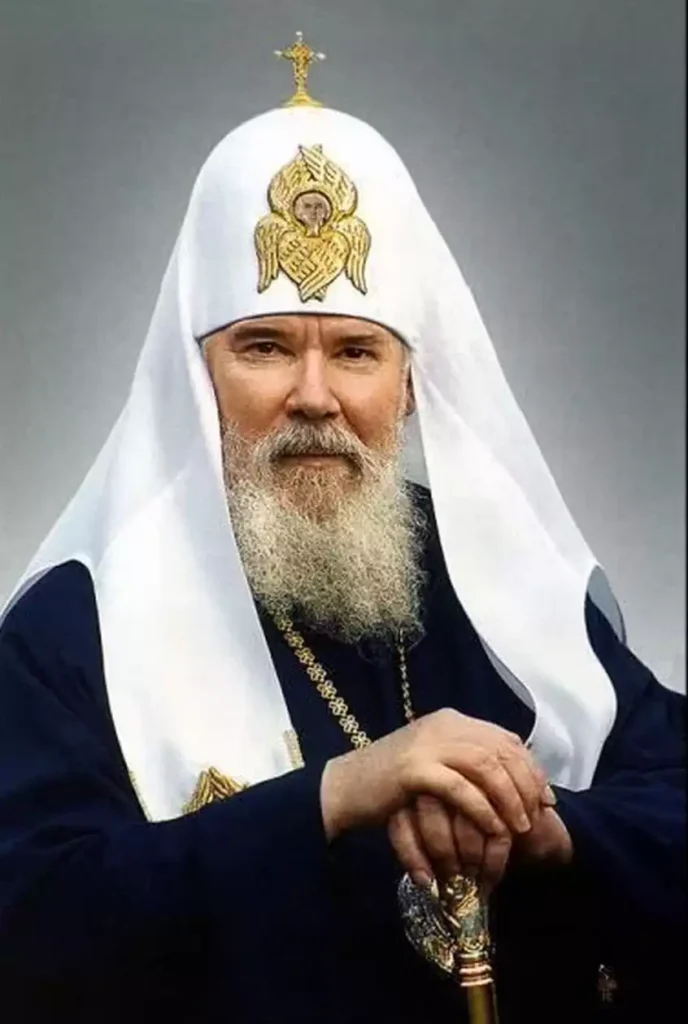
Patriarch Alexy II, who led the Russian Orthodox Church from 1990 until his death in 2008, presided over the revival of his faith in post-Soviet Russia. As the first Russian patriarch to travel widely abroad and engage with religious leaders from other faiths, Alexy sought to raise the profile of Orthodoxy globally. However, his patriarchate […]
Basil III, Ecumenical Patriarch: The Unseen Educational Reformer
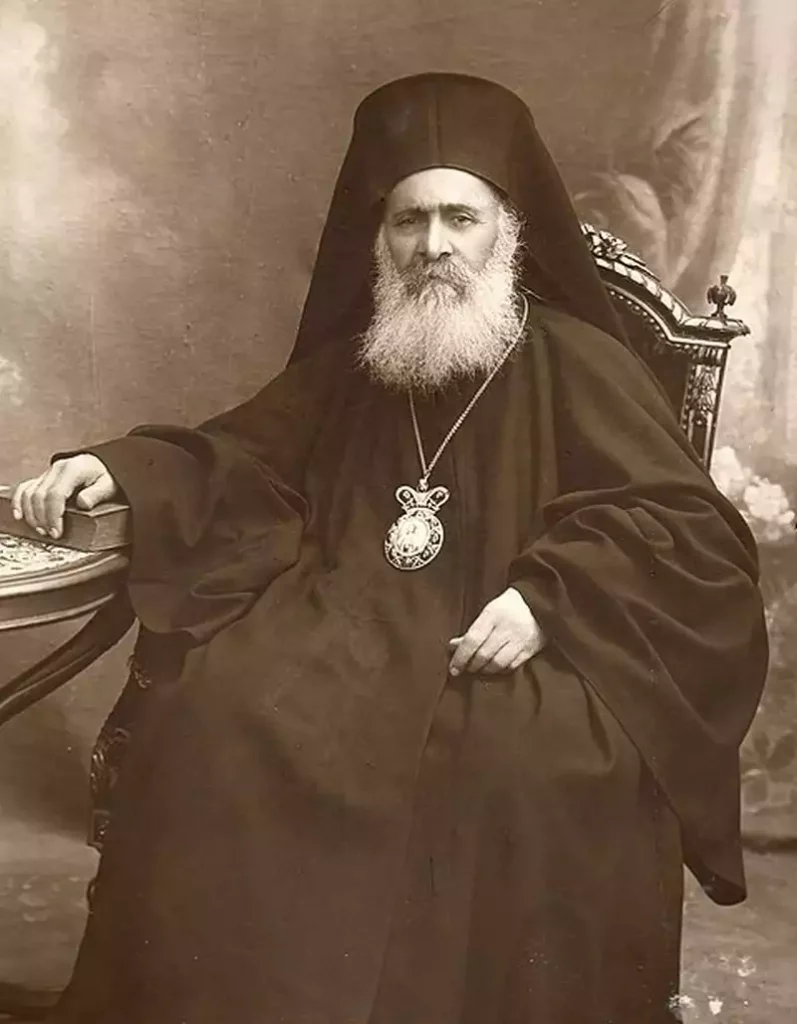
Born in 1846 in Chrysoupoli, near Chalcedon, the life journey of Basil Georgiadis, later known as Patriarch Basil III, was a remarkable tapestry of scholarly pursuit and ecclesiastical leadership. His quest for knowledge began with theology and philology studies at the University of Athens, culminating in his graduation in 1871. His scholarly zeal led him […]
Photios II, Ecumenical Patriarch: Uniting Faiths and Nations
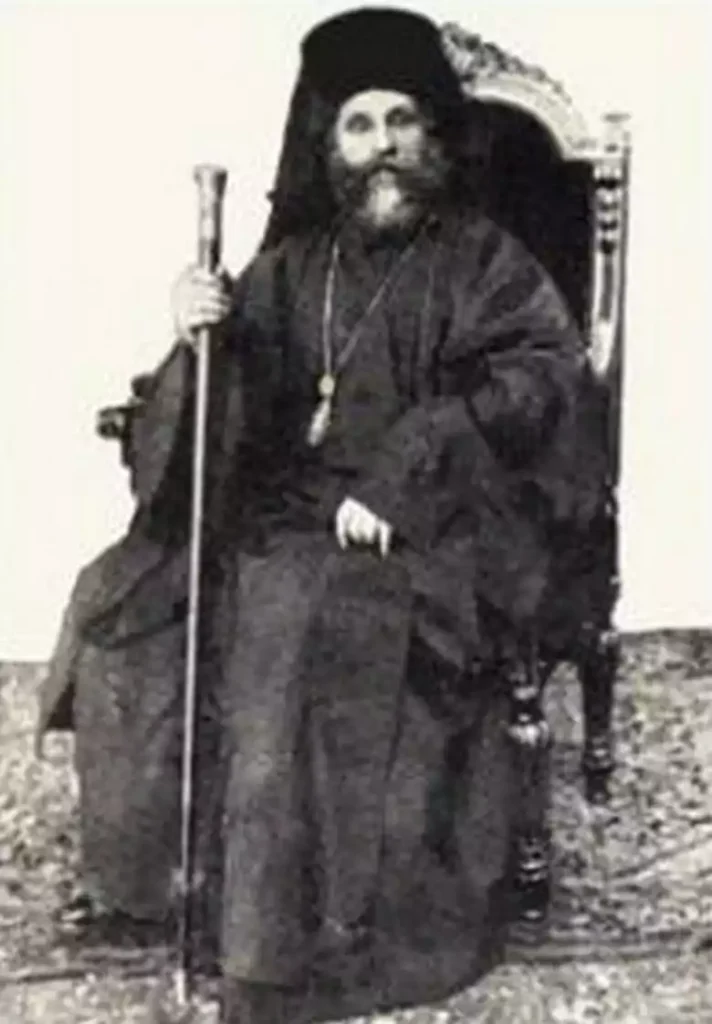
Born in 1874, amidst the fading echoes of the Ottoman Empire, Dimitrios Maniatis, later known as His Holiness Photios II, ascended as a radiant figure in the annals of Orthodox Christianity. Serving as the Ecumenical Patriarch of Constantinople from 1929 until his demise on December 29, 1935, his tenure was not merely a chronicle of […]
Benjamin, Ecumenical Patriarch: A Beacon of Resilience in Turbulent Times
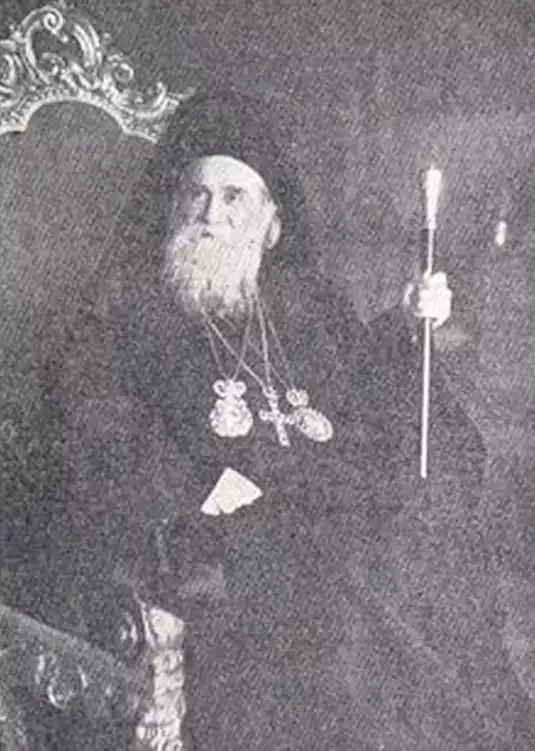
Traversing the Path from Humble Beginnings to Spiritual Eminence Born in 1871 in the village of Zeitinli, Adramyttio, the future Ecumenical Patriarch Benjamin (Veniamin Psomas or Kyriakou) embarked on his spiritual journey at a young age. His early education in his native land and Kydonia laid the foundation for his distinguished ecclesiastical career. Ordained a […]
Maximos V, Ecumenical Patriarch: Faith Amidst Adversity
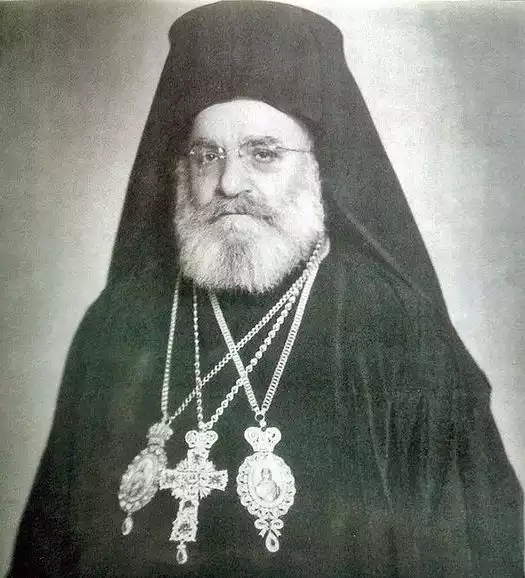
Resilience and Faith Through Turbulent Times Born on October 26, 1897, in Sinop, Black Sea, Ottoman Empire, Ecumenical Patriarch Maximos V (Vaportzis) epitomized a life of unwavering faith and resilience. His journey from a student enduring the disruptions of World War I to an esteemed leader in the Orthodox Christian world is a narrative of […]
Dimitrios, Ecumenical Patriarch: A Legacy of Humility and Unity
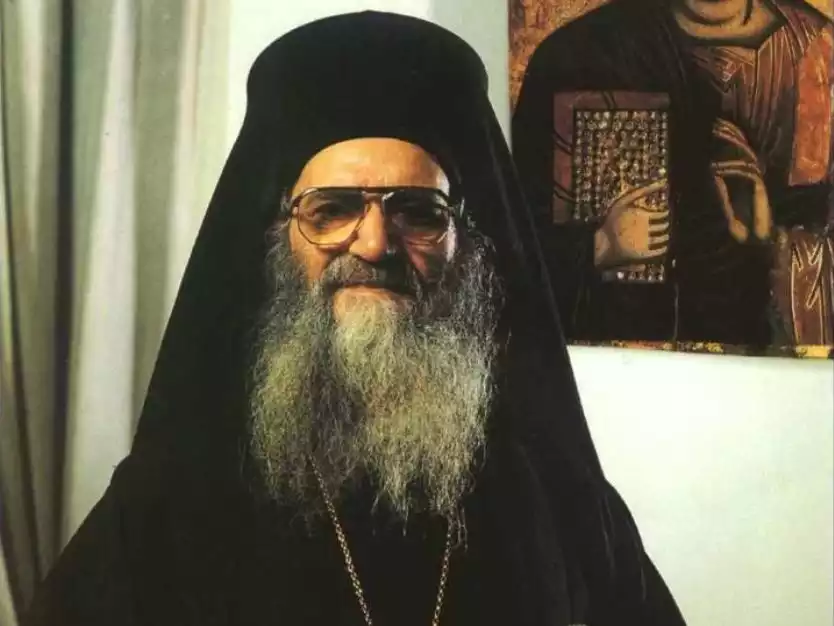
Ecumenical Patriarch Dimitrios Papadopoulos, born on September 8, 1914, in the Bosphorus suburb of Therapia, and passing into eternity on October 2, 1991, remains a beacon of humility and unity in the annals of Orthodox Christianity. His journey from the classrooms of Galata’s Gallo-Hellenic High School to the venerable Theological School of Chalkis laid the foundation for a life dedicated to spiritual service. Ordained as a deacon on Palm Sunday, 1937, Dimitrios’ path was characterized not by a quest for prominence, but by a steadfast dedication to his faith. His unexpected ascent to the Patriarchal Throne of Constantinople on July 18, 1972, marked the beginning of an era defined by his quiet strength and unyielding commitment to ecclesiastical unity. This narrative explores the life of a man who, amidst the complexities of his time, steadfastly pursued the unity of the Church and the promotion of theological dialogue with other denominations, leaving an enduring legacy that continues to resonate and inspire.
Athenagoras, Ecumenical Patriarch: Architect of Unity
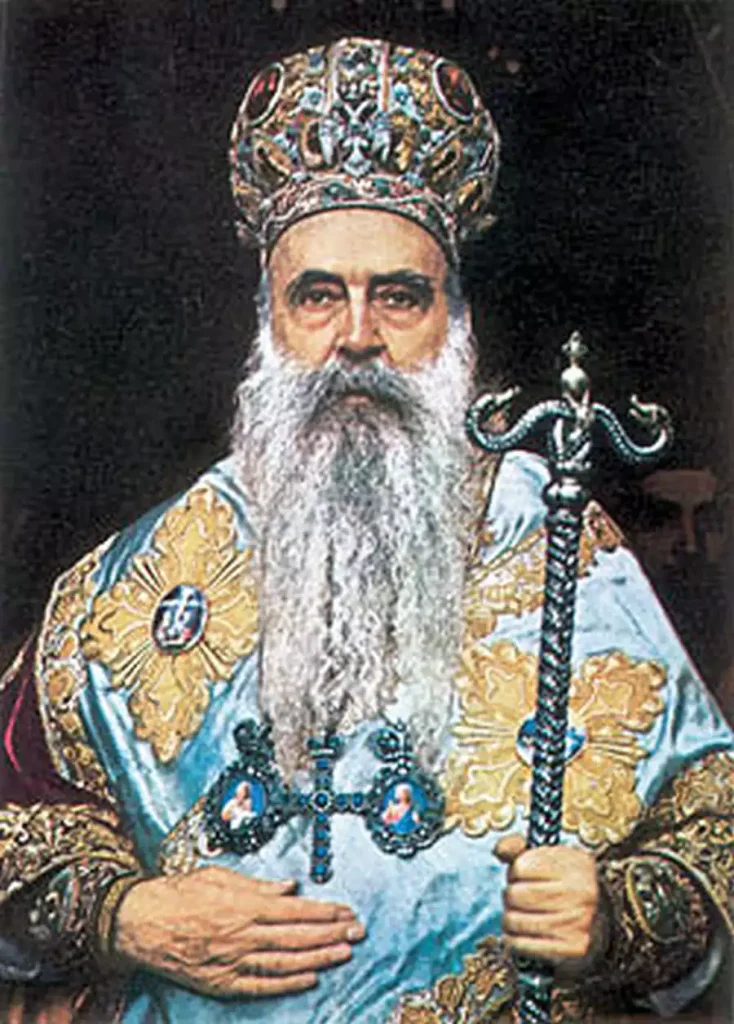
Born on March 25, 1886, in the village of Vasiliko, Epirus, and passing into eternity on July 7, 1972, Aristoklis Spyrou, better known as Athenagoras, embarked on a spiritual and transformative journey that reshaped the landscape of 20th-century Christianity. His path from a small Greek village to the exalted role of Ecumenical Patriarch was marked […]
Meliton of Chalcedon, Metropolitan | Shaping Modern Orthodoxy
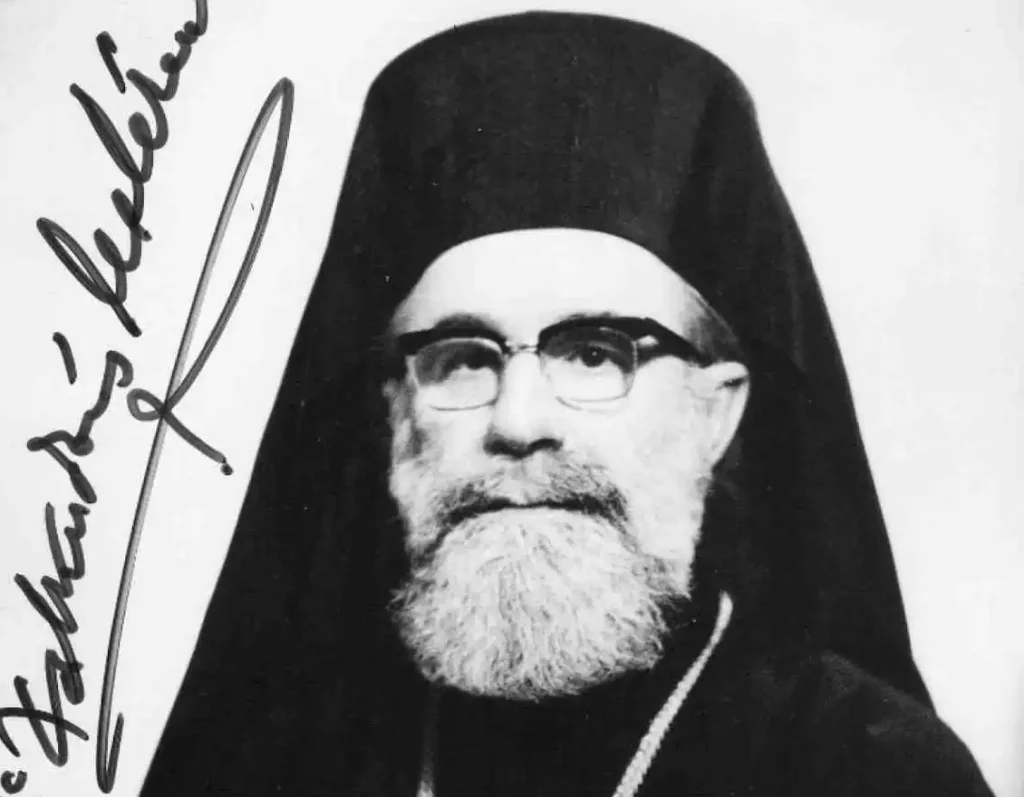
Tracing the Epochal Journey of a Pioneering Ecumenical Figure Born in the heart of Constantinople in 1913, His Eminence Metropolitan Meliton of Chalcedon, secularly known as Sotirios Hatzis, emerged as a pivotal figure in the Orthodox Christian world. His illustrious journey began with an ordination as a Deacon in 1934 by then Metropolitan Maximos of […]
Joachim III the Magnificent | Ecumenical Patriarch
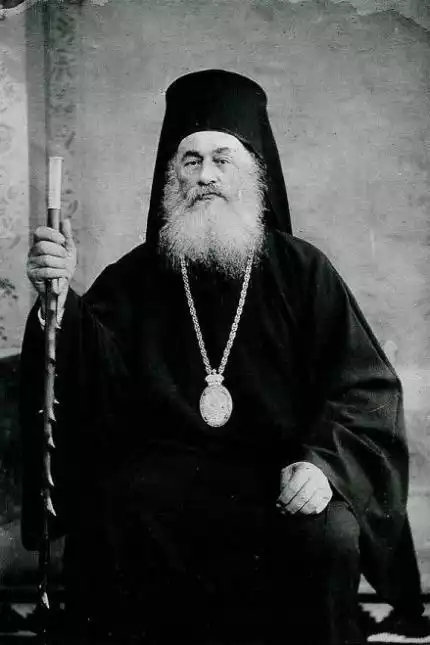
Joachim III the Magnificent (1834-1912), born Christos Dimitriadis or Devezis, remains a revered figure in Orthodox Christianity. His tenure as Ecumenical Patriarch of Constantinople, spanning 1878-1884 and 1901-1912, marked a period of significant ecclesiastical and political developments. His leadership, marked by wisdom and diplomacy, significantly influenced the Orthodox Church and its interactions with various political […]
Kokkinos, Saint Philotheos | Ecumenical Patriarch
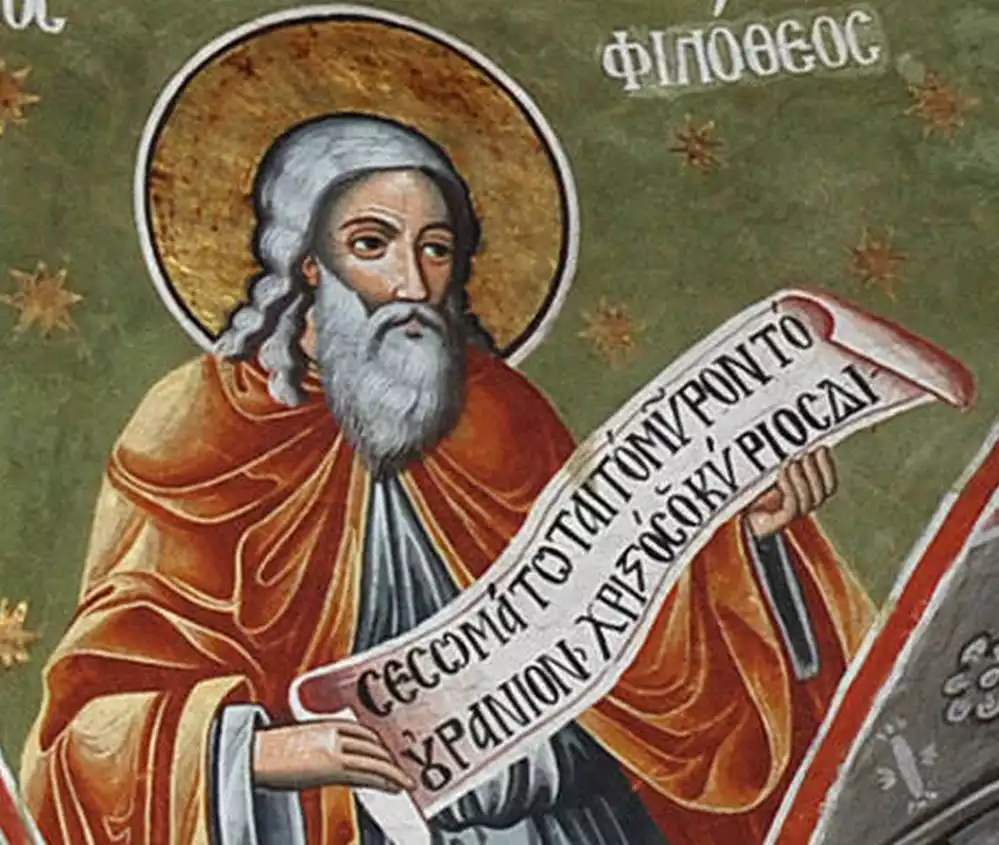
Saint Philotheos, born around 1300 in Thessaloniki and passing away in 1379, stands out as a pivotal figure in Orthodox Christian history. Renowned for his scholarly and clerical accomplishments, he was deeply involved in the Hesychastic controversies, a movement centered around the practice of inner stillness and prayer. Early Life and Ascetic Endeavors Saint Philotheos’ […]
Callistus I of Constantinople, Saint | Ecumenical Patriarch
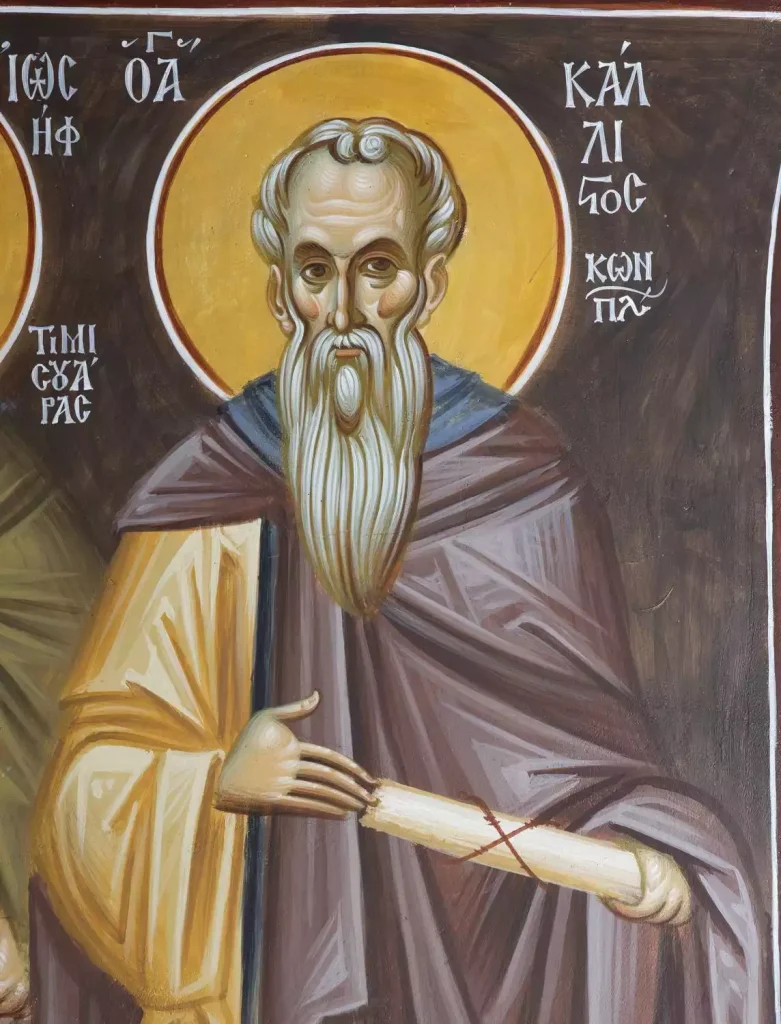
Saint Patriarch Callistus I, a significant figure in Byzantine history, was born in the 13th century and passed away in August 1363. His tenure as the Patriarch of Constantinople, from 1350 to 1353 and again from 1355 to 1363, marked a period of profound religious and political influence. Recognized for his deep spirituality and erudition, […]
Niphon II of Constantinople, Saint | Ecumenical Patriarch
Saint Niphon II, esteemed as Patriarch of Constantinople from 1486 to 1488 and again from 1497 to 1498, remains a significant figure in the history of the Eastern Orthodox Church. Born in the mid-15th century and departing this life in 1508, his tenure as patriarch was marked by profound spiritual leadership during a period of […]
Andrew, Saint | The First-Called Apostle
Saint Andrew the Apostle, born between 5 and 10 AD and traditionally believed to have died around 60-70 AD, stands as a pivotal figure in Christian history. Known for being one of the original twelve apostles of Jesus Christ, his life and legacy have had a profound impact on the Christian faith. Hailing from Bethsaida in Galilee, Andrew’s journey from a simple fisherman to a devoted follower of Jesus forms a cornerstone in the narrative of early Christianity. His martyrdom is a testament to his unwavering faith and dedication to spreading the teachings of Jesus.
